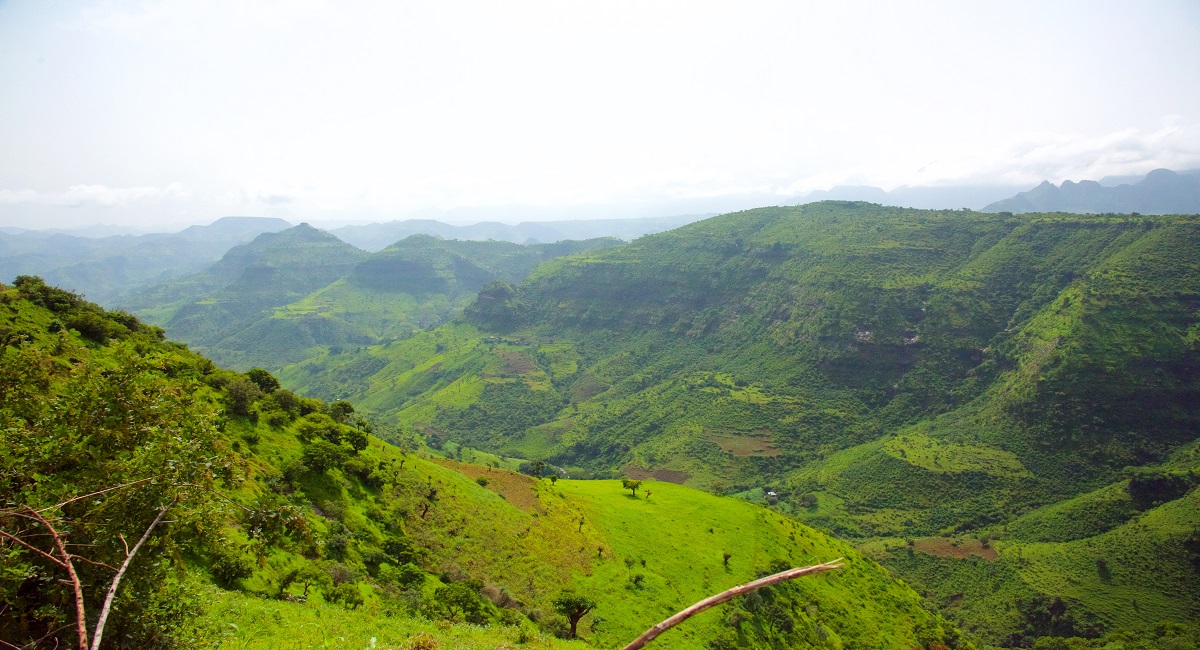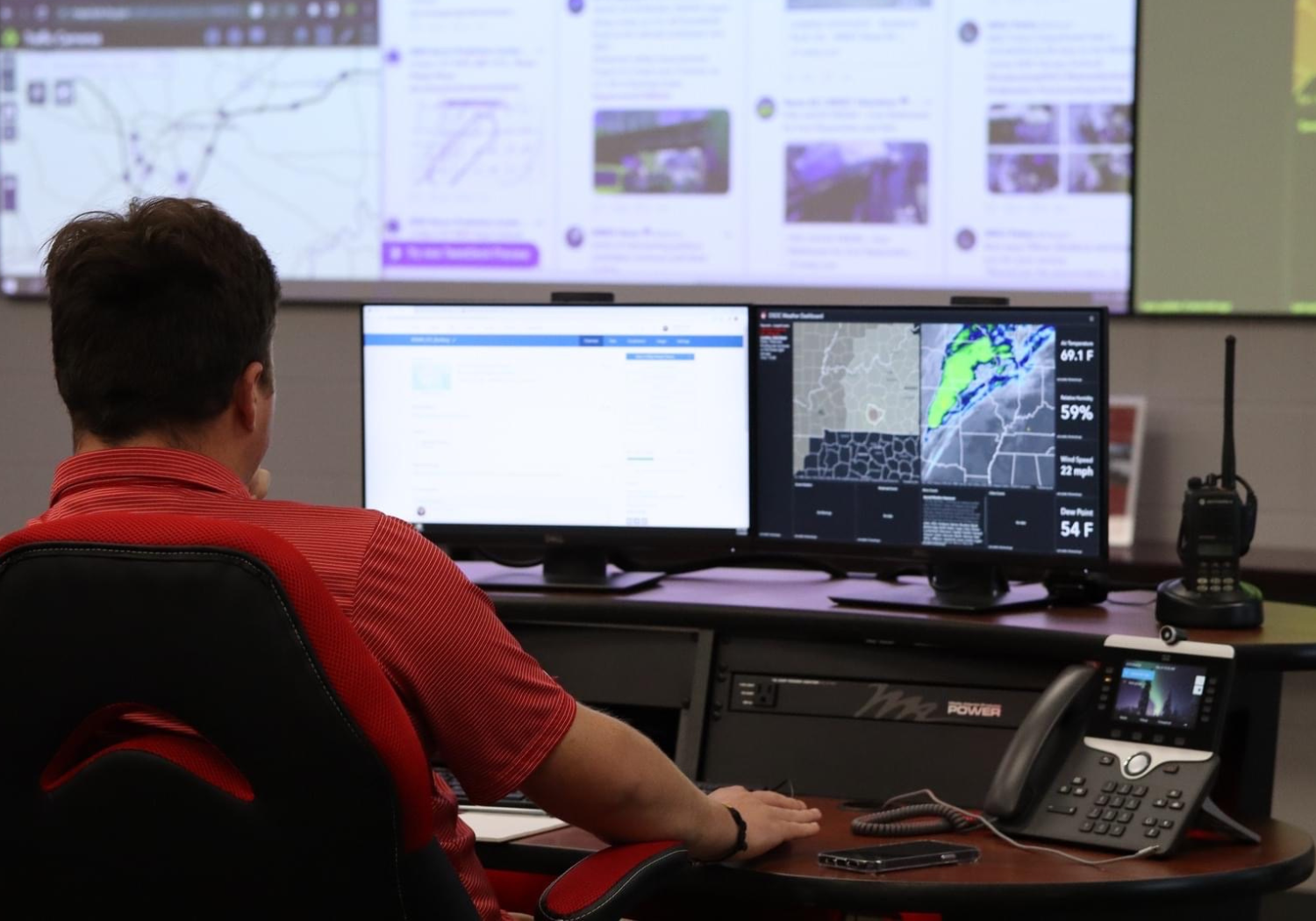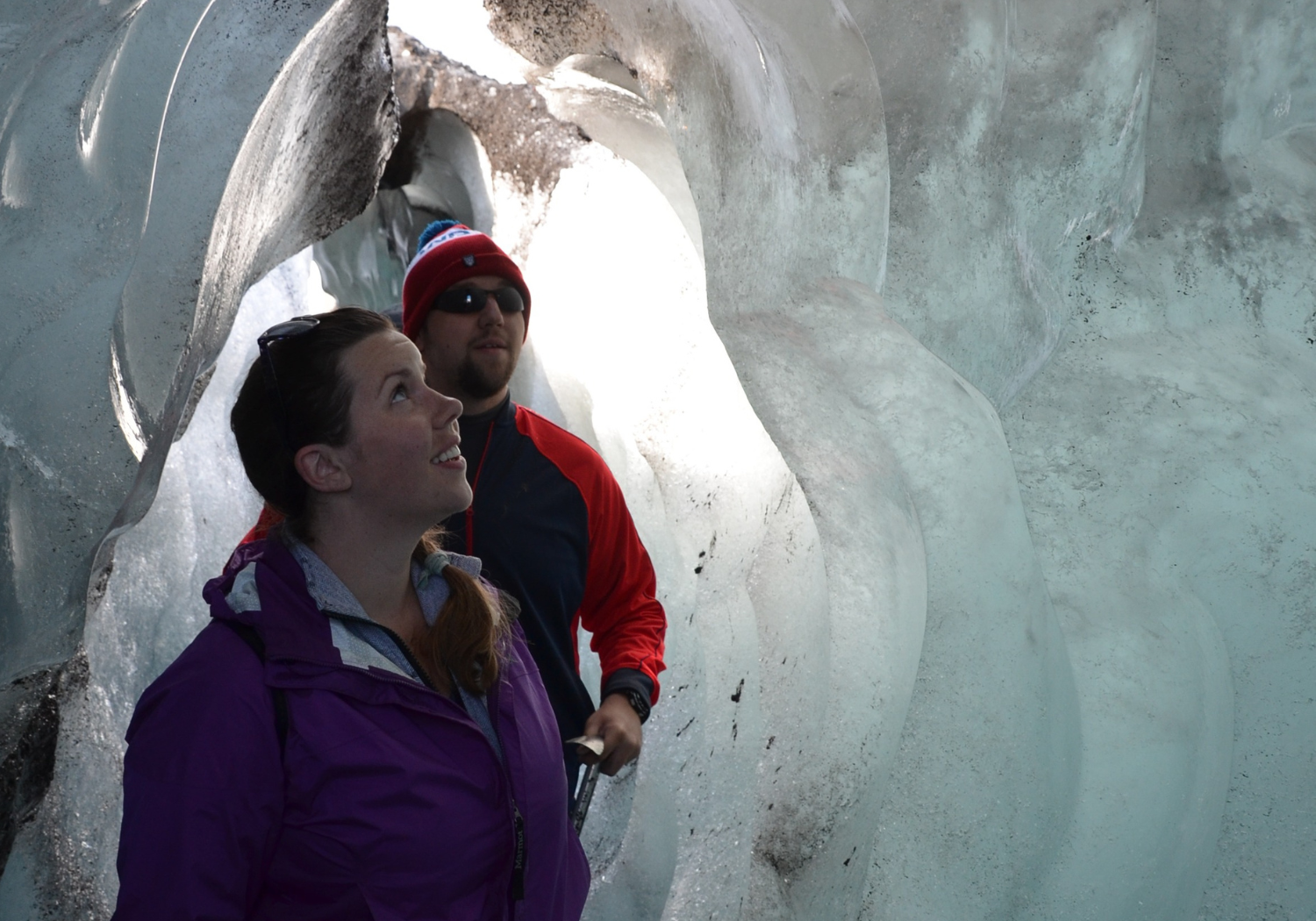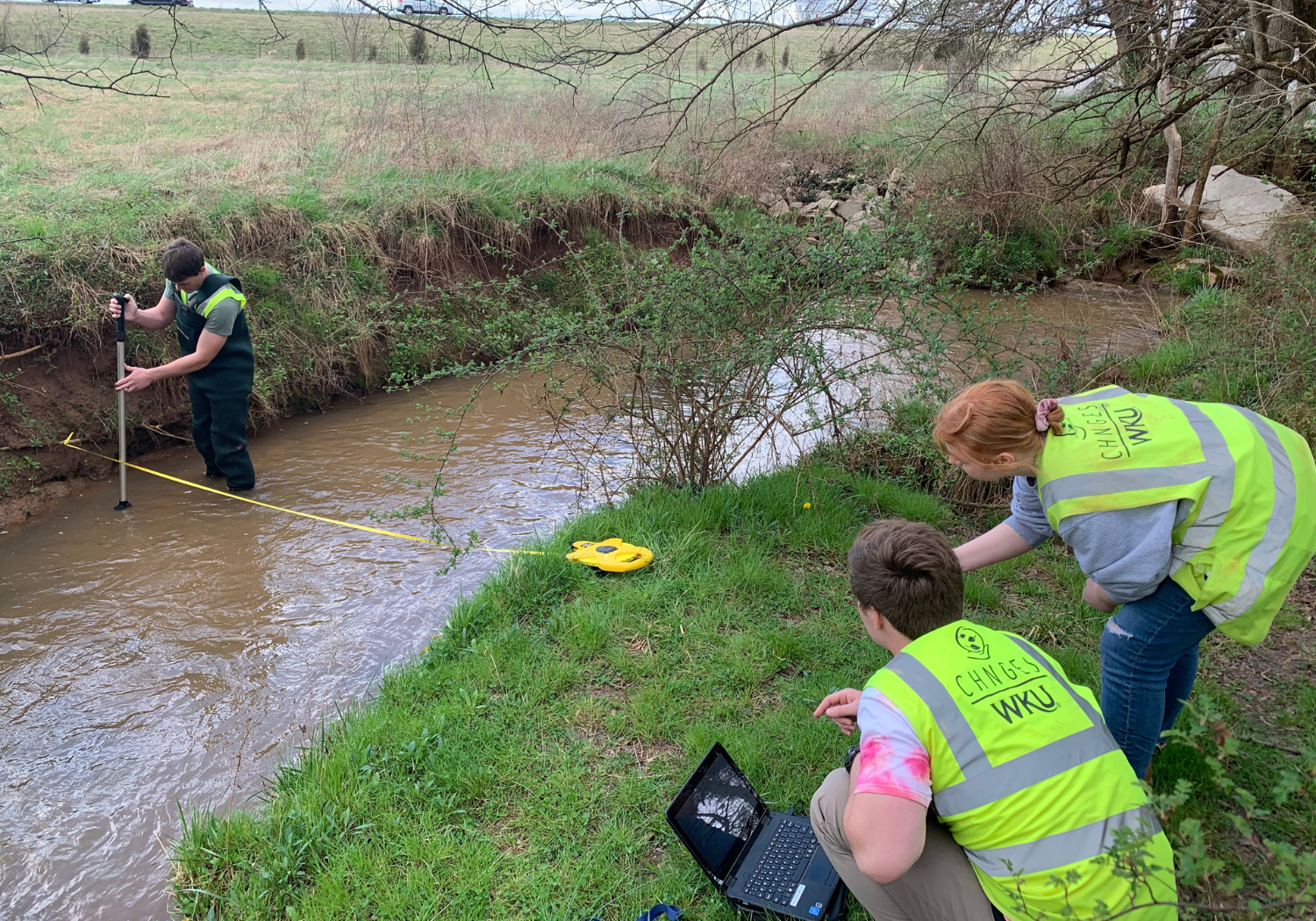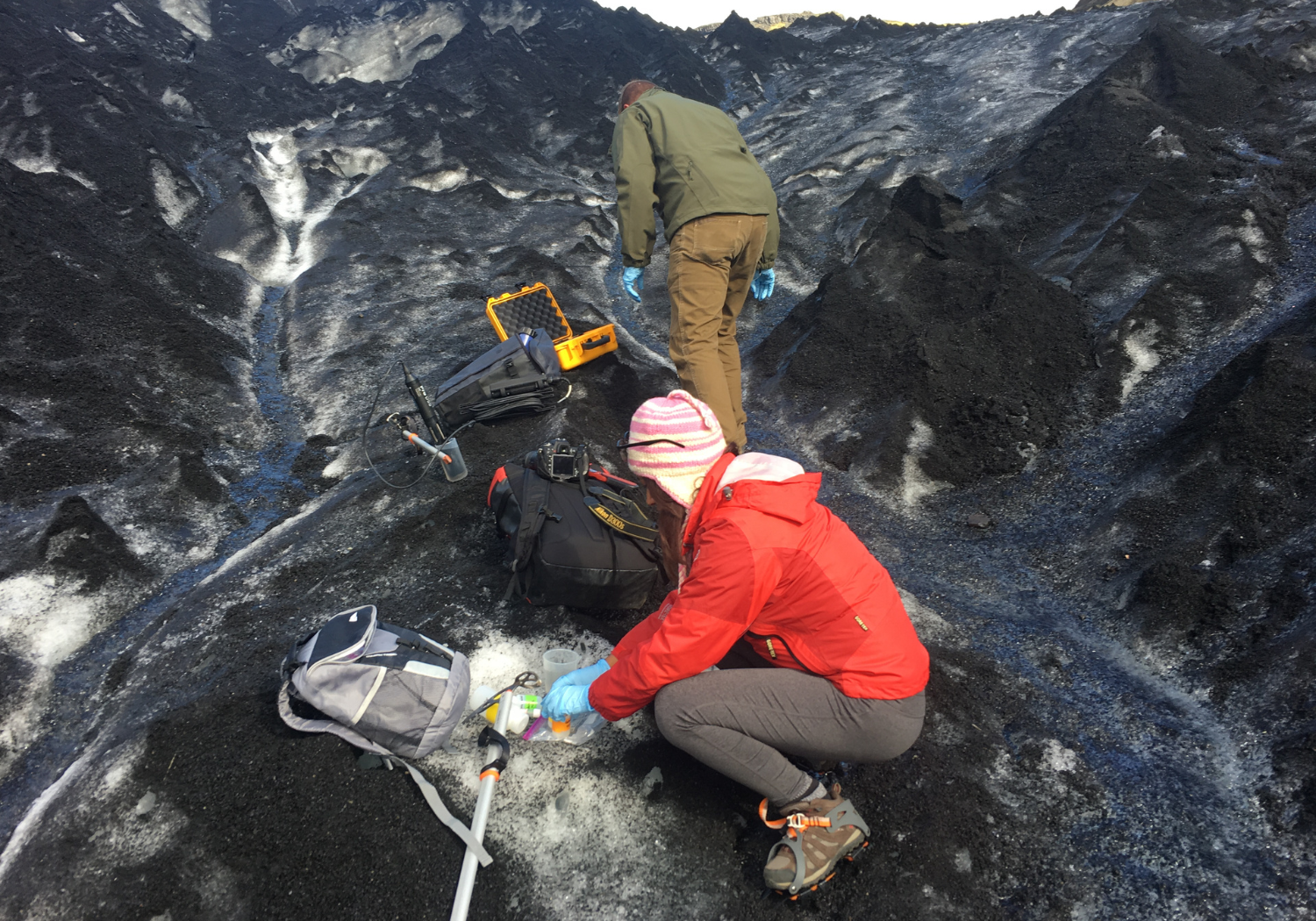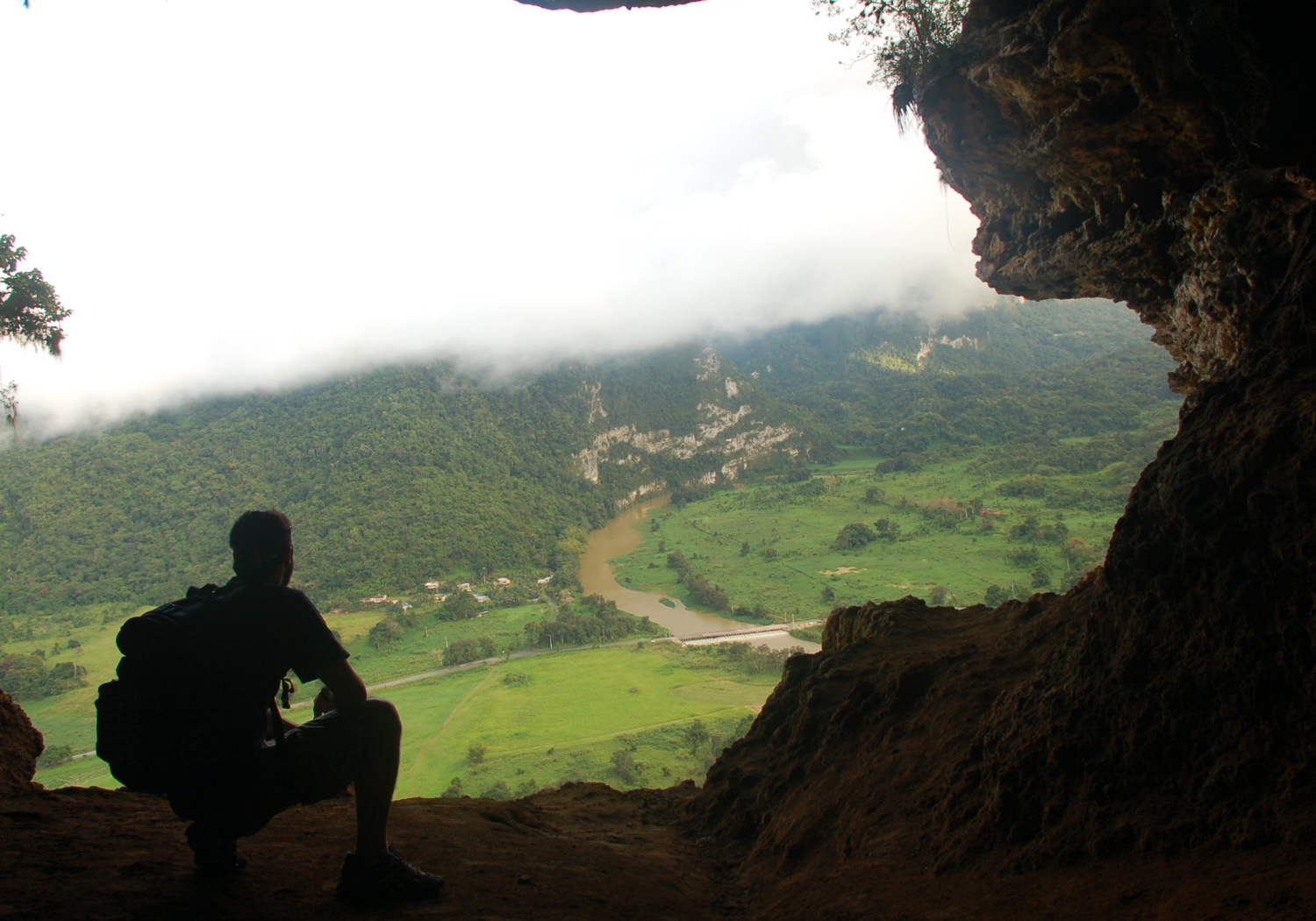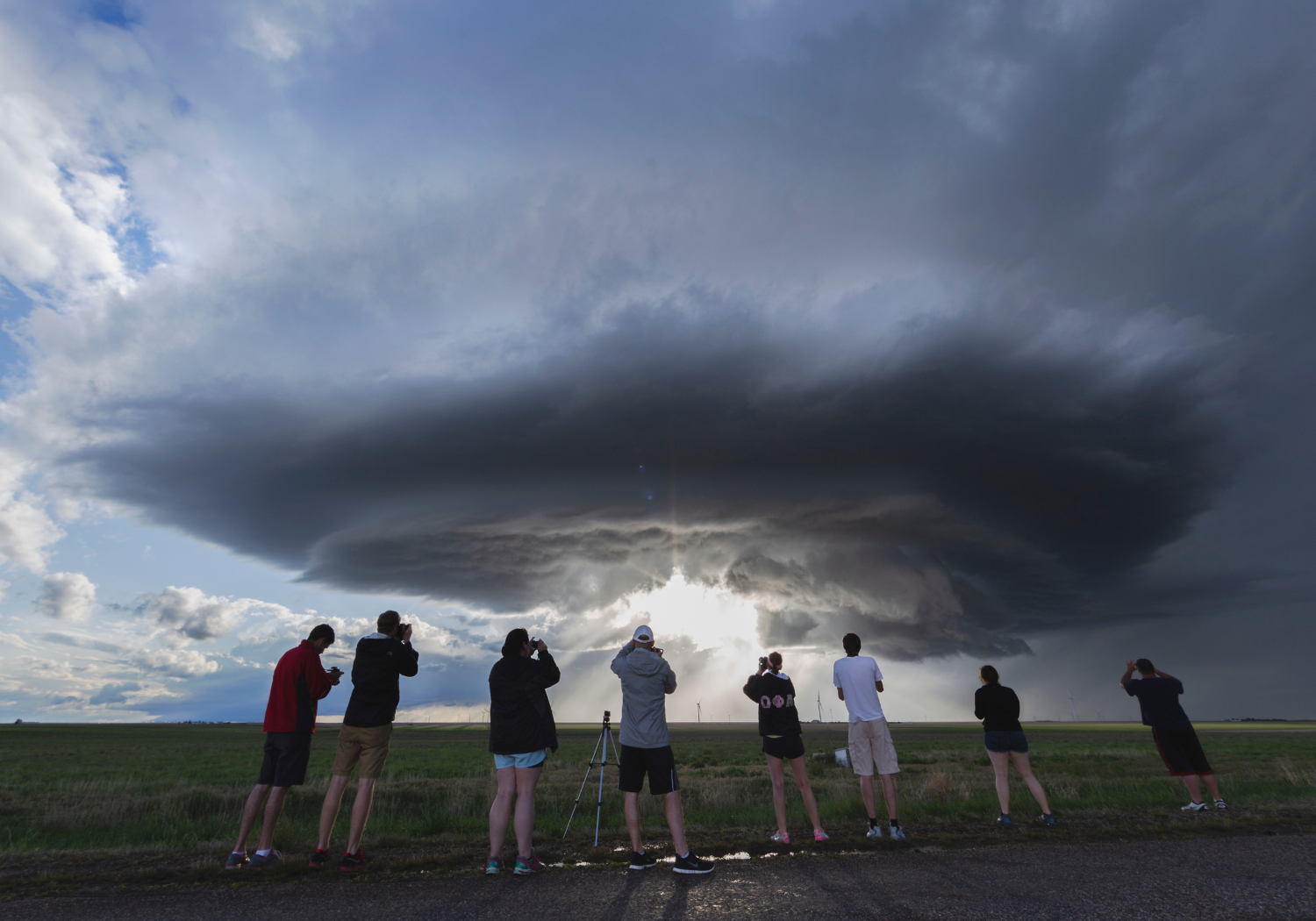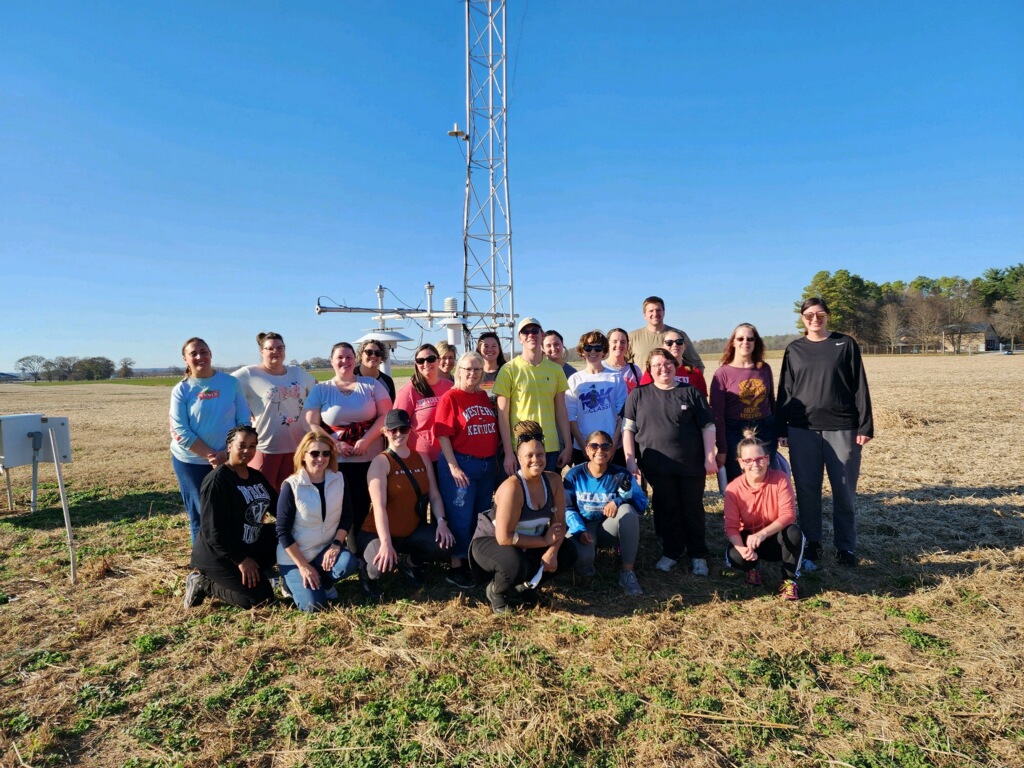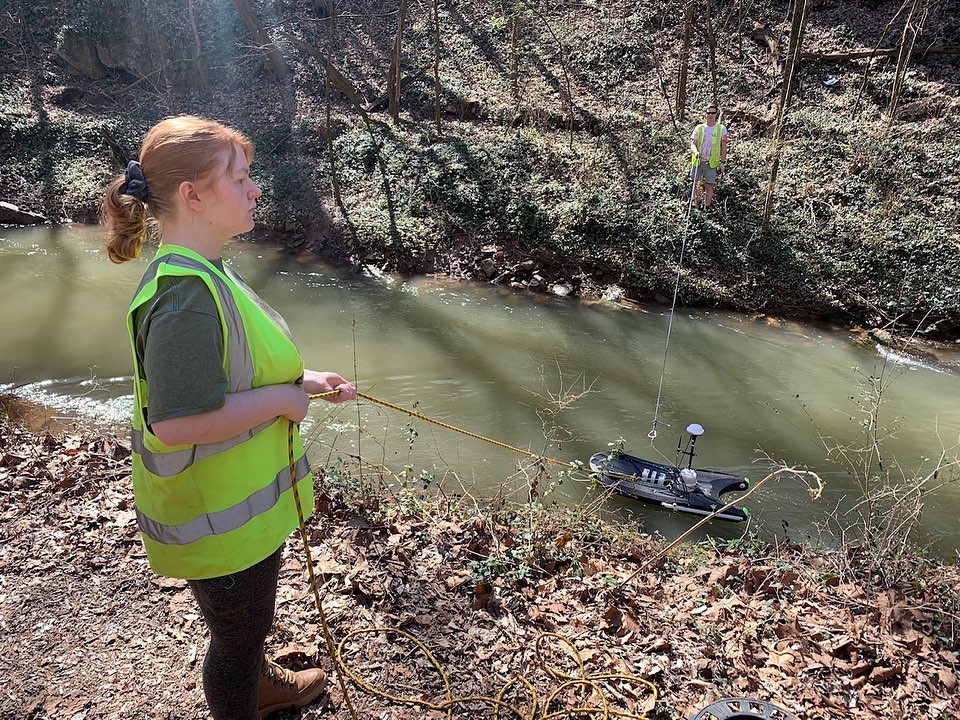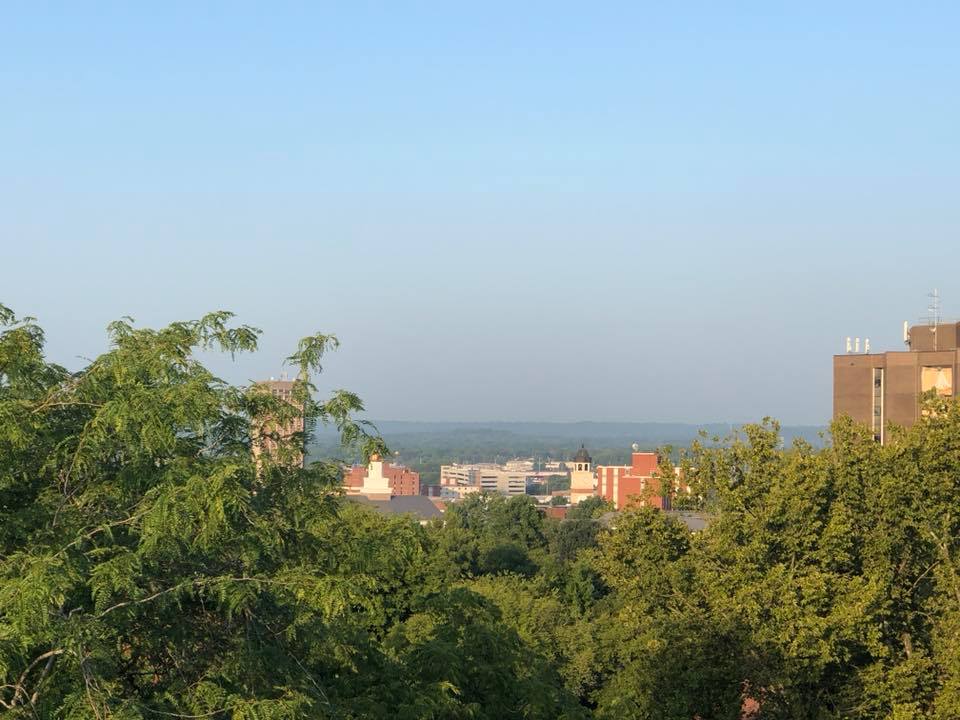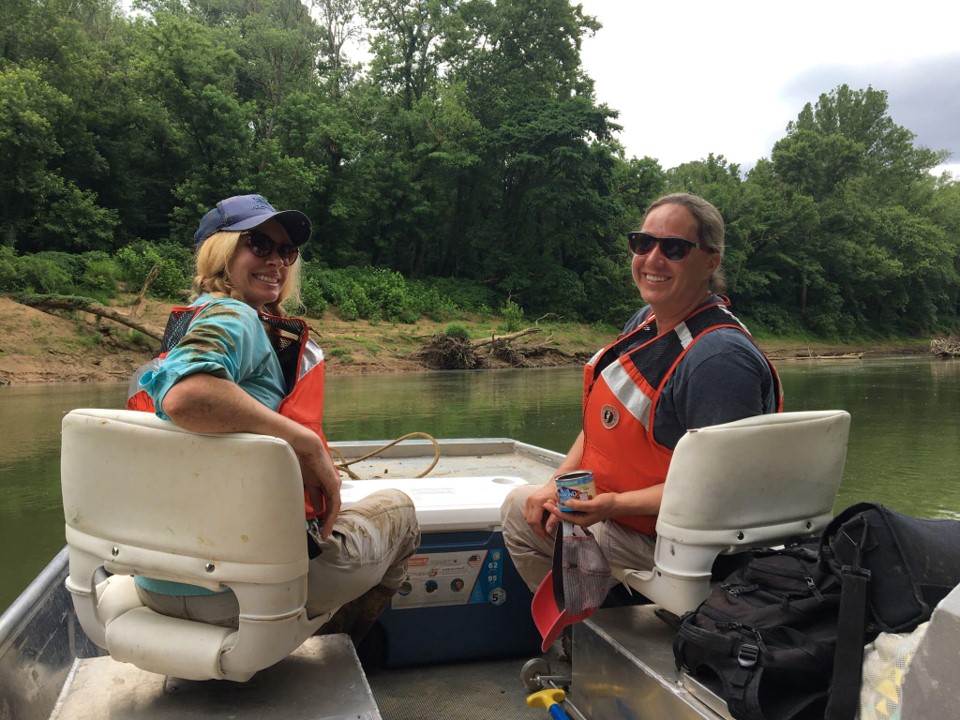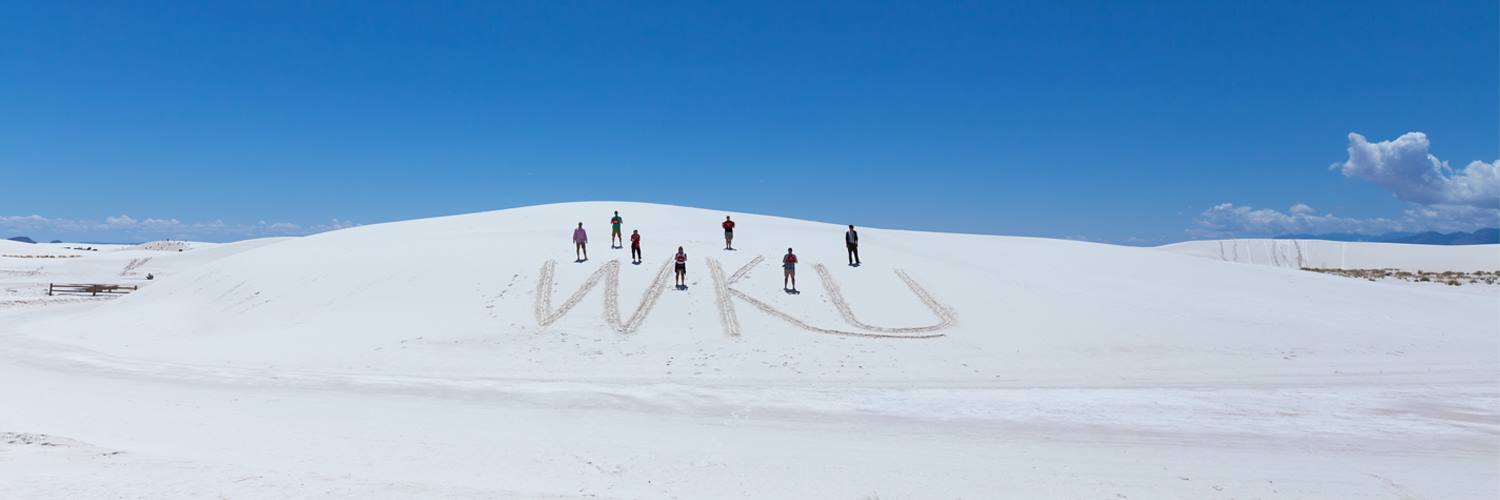Environmental, Sustainability, and Geographic Studies, Bachelor of Science (5009)
- Undergraduate
- Bachelor of Science
- Science and Engineering
- Geography & Geology
Overview
The Environmental, Sustainability, and Geographic Studies program focuses on environment related issues using scientific, technological, and humanistic approaches to understand the interactive nature and interdependence of environmental and human factors. The program is structured around foundational courses, technical course work, and applied real-world experiences. Foundational instruction introduces students to basic principles of environmental science and related subjects, such as sustainability science, environmental planning, pollution control, natural resource management, spatial data analysis, economics, cultural geography, and the general interactions of humans and nature. The program prepares students for thinking critically about the complexities of human-environmental interactions through technical course work encompassing scientific writing, quantitative skills and data analysis, applied field- and lab-based experiences, and effective use of geospatial technologies (e.g., GIS and cartography, GPS, radar, satellite, drone, photogrammetry, environmental quality monitors, and surveying). Since the geoenvironmental sector is very broad in scope, the major does not include pre-defined and narrow concentrations. Instead, the program allows students to complete a customized set of elective coursework that best prepares them for a graduate program or any one of the wide ranging careers in the environmental field that they find of most interest. The program not only prepares students with essential knowledge in the fields of environment and sustainability but also trains students with critical information processing and geospatial analysis skills to meet the demands of employers in diverse industries with information-age needs in the 21st Century.
Program Requirements (53 hours)
A baccalaureate degree requires a minimum of 120 unduplicated semester hours. More information can be found at www.wku.edu/registrar/degree_certification.php.
Students who began WKU in the Fall 2014 and thereafter should review the Colonnade requirements located at: https://www.wku.edu/colonnade/colonnaderequirements.php.
This major provides students with a versatile background in environmental, sustainability, and geographic sciences for entry-level employment or graduate school. A minor program is not required. Beyond the core coursework, the program is customized for each student. Specifically, since the environmental field is so broad, elective coursework is customized for each student to assist in preparing them for their individualized graduate school or professional goals.
| Code | Title | Hours |
|---|---|---|
| Core Courses (32 hours) | ||
| Introductory Physical Earth Course | ||
| GEOG 103 | Our Dynamic Planet | 3 |
| or GEOL 111 | The Earth | |
| or METR 121 | Meteorology | |
| Introductory Human/Cultural Geography Course | ||
| GEOG 110 | World Regional Geography | 3 |
| Introductory Environmental Science Course | ||
| Sustainability Course | ||
| GEOG 280 | Environmental Science and Sustainability | 4 |
| GEOG 380 | Global Sustainability | 3 |
| or GEOG 480 | Sustainable Cities | |
| Technical Courses | ||
| GISC 316 | Geographic Information Systems I | 4 |
| GISC 317 | Geographic Information Systems II | 4 |
| GEOG 391 | Geoscience Data Analysis | 4 |
| GEOG 300 | Writing in the Geosciences | 3 |
| Professional Preparation Courses | ||
| GEOG 499 | Professional Preparation | 1 |
| GEOG 452 | Applied Geoscience Field Experiences | 3 |
| or GEOG 495 | Applied Research, Independent Study, or Internship | |
| or GEOG 475 | Selected Topics in Environment, Geography, and Sustainability | |
| Total Hours | 32 | |
| Code | Title | Hours |
|---|---|---|
| Electives (21 hours) | ||
| Elective coursework selected from any GEOG, GISC, METR, or GEOL 200-400 level course with advisor approval. Up to six hours may be taken outside of the geoscience discipline with advisor approval. | 21 | |
Finish in Four Plans
Finish in Four Plan
| First Year | |||
|---|---|---|---|
| Fall | Hours | Spring | Hours |
| GEOG 103, GEOL 111, or METR 121 | 3 | GEOG 110 | 3 |
| GEOG 175 | 2 | GEOG 210 | 3 |
| ENG 100 | 3 | GEOG 280 | 4 |
| MATH 116 | 3 | MATH 183 | 3 |
| HIST 101 or HIST 102 | 3 | COMM 145 | 3 |
| 14 | 16 | ||
| Second Year | |||
| Fall | Hours | Spring | Hours |
| GISC 316 | 4 | GEOG 300 | 3 |
| GEOG Major Elective | 3 | GISC 317 | 4 |
| Colonnade: Connections (Local to Global) | 3 | GEOG 380 | 3 |
| Colonnade: World Language Requirement | 3 | Colonnade: Connections (Social and Cultural) | 3 |
| Colonnade: Arts & Humanities | 3 | ||
| 16 | 13 | ||
| Third Year | |||
| Fall | Hours | Spring | Hours |
| GEOG 391 | 4 | GEOG 452, GEOG 475, or GEOG 495 | 1-6 |
| GEOG Major Elective | 3 | GEOG Major Elective | 3 |
| ENG 200 | 3 | GEOG Major Elective | 3 |
| Colonnade: Connections (Systems) | 3 | University Elective | 3 |
| University Elective | 3 | University Elective | 3 |
| 16 | 16 | ||
| Fourth Year | |||
| Fall | Hours | Spring | Hours |
| GEOG 499 | 1 | GEOG Elective | 3 |
| Field Studies/Intern | 4 | GEOG Elective | 3 |
| GEOG Major Elective | 3 | Independent Research | 3 |
| Independent Research | 3 | GEOG or University Elective | 3 |
| University Elective | 3 | University Elective | 3 |
| 14 | 15 | ||
| Total Hours 120 | |||
- 120 Hours total are required in the program, with 42 hours at the 300/400 level.
- Summer courses, including Study Abroad, Field Camps, and other independent research opportunities, can reduce the number of hours required in the regular semesters.
- Any of the courses can be moved from semester to semester to take advantage of courses when offered.
- The WKU Colonnade Program requires a minimum of 39 hours, with several required courses in the Geography program that can be double-counted. GEOG courses marked * count for Colonnade Credit.
- Colonnade Connections courses are restricted to Juniors/Seniors, unless 21 credit hours of Colonnade Explorations and Foundations courses have already been completed. Three disciplines are required for Connections credit (METR, GEOG, GEOL, and GISC count as separate disciplines).


